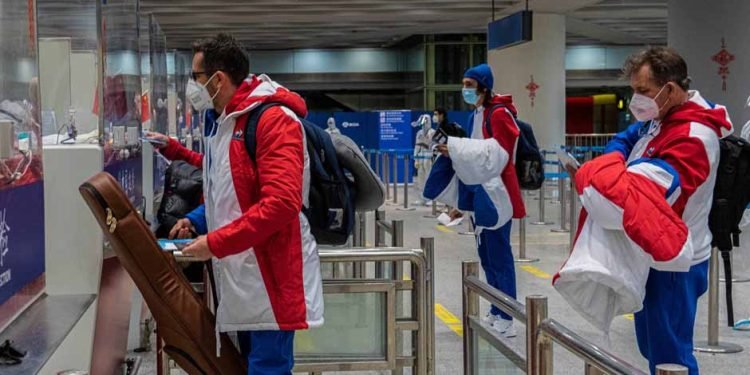Large-scale events require meticulous planning and coordination to ensure their success. These events involve numerous moving parts, from music festivals to trade shows, and one crucial aspect is logistics. Effective logistics management is vital for the smooth operation of such events. This listicle will delve into the critical considerations for managing logistics in large-scale events, focusing on buying vehicles like trailers.
Importance of Logistics in Large-Scale Events:
Large-scale events involve coordinating various resources, including personnel, equipment, and materials. Logistics is pivotal in efficiently managing and delivering these resources to the event site. Proper logistics planning helps minimize delays, reduces costs, and enhances overall event productivity.
Challenges of Managing Logistics:
Managing logistics for large-scale events can be a complex endeavor. Some common challenges include transportation, storage, and timely delivery of equipment and supplies. Factors such as traffic congestion, limited access to event venues, and unpredictable weather conditions can further complicate logistics operations.
Role of Trailers in Event Logistics:
Trailers serve as crucial assets in event logistics. These versatile units offer a secure and convenient solution for transporting equipment, supplies, and other materials to event sites. Whether it’s staging equipment for a concert or displaying products at a trade show, trailers provide a customizable and mobile storage solution.
Factors to Consider when Buying Trailers:
Purchasing the right trailers is a significant decision in event logistics management. Consider the following factors before buying trailers:
Trailer Size and Capacity:
Determine the size and capacity of the trailers based on the event’s nature and scale. Consider the types of equipment and supplies that will be transported and ensure the trailers can accommodate them effectively.
Durability and Reliability:
Invest in trailers built to withstand the rigors of transportation and offer durability in various weather conditions. Reliable trailers help minimize the risk of breakdowns and ensure the timely delivery of goods.
Customization Options:
Look for trailers that offer customization options to meet specific event requirements. Features such as adjustable shelving, climate control, and security systems can enhance the functionality and safety of the trailers.
Safety Features:
Ensure the trailers you purchase have adequate safety features, such as proper ventilation, secure locks, and sturdy flooring. Safety should always be a priority to protect the transported goods and the personnel handling them.
Cost and Budget:
Consider the cost of the trailers and how it fits within your event budget. Evaluate the trailers’ long-term value and return on investment based on their quality, features, and expected lifespan.
Finding the Right Trailer Supplier:
Finding a reputable trailer supplier is essential to make an informed purchase decision. Consider the following tips:
Research and Comparison:
Conduct thorough research on different trailer suppliers and compare their offerings, prices, and customer reviews. This information will help you make an informed choice.
Reputation and Experience:
Choose a supplier with an impeccable reputation and extensive experience providing trailers for large-scale events. Look for testimonials or seek recommendations from trusted industry professionals.
Warranty and After-Sales Support:
Check whether the supplier offers warranties on their trailers and inquire about their after-sales support. Having reliable customer service can be invaluable in case of any issues or maintenance needs.
Conclusion:
Managing the logistics of large-scale events is a complex task that requires meticulous planning and attention to detail. Buying vehicles like trailers is a crucial aspect of event logistics, providing a means to transport equipment and supplies efficiently. Furthermore, finding a reputable supplier adds another layer of confidence and support to ensure a successful event. With effective logistics management and the right trailers in place, large-scale events can run smoothly, maximizing productivity and enhancing the overall experience for attendees.












